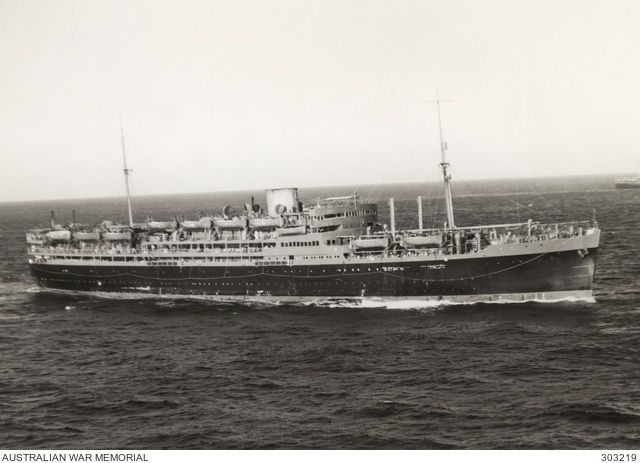A man for all seasons
- Joanne Tapiolas
- Aug 29, 2025
- 3 min read
G.F. Manzocchi, M.D.
Dr. G.F. Manzocchi, who was in general practice in the West End of London, died suddenly on February 2 at the age of 56.
Gerolamo Filippo Manzocchi was born in Morbegno, Sondrio, in Northern Italy, on April 18, 1904. He started his medical studies at the University of Pavia and then went on to Milan University, where he worked under Professor Carlo Besta at the Institute of Neurology, graduation M.D. with a thesis on haematomyelia in 1928. He went into practice in the small Alpine mountain town of Valmasino. Coming to London in 1930, he was resident medical officer at the Italian Hospital for four years, and then entered private practice in the West End of London, where he gradually built up a successful practice which included a large number of Continental patients.
Although his sympathies were not with the Fascist régime he was interned in June, 1940, when Italy entered the second world war. He survived the tragic Arandora Star disaster and was soon afterwards sent to Australia, where he was released from internment in 1943 and subsequently became resident medical officer in a sanatorium in the vicinity of Melbourne. In 1945 he returned to London and within a short time built up an extensive practice. Because of his past associations wit the Italian Hospital he played an important part in restarting activities there which had been suspended during the war years, and he was subsequently appointed honorary physician to out-patients, a position he held up to the time of his death. In addition to his busy practice he was physician to several Italian shipping companies and to Air Italia, and he attended medical boards at the Italian Consulate in London. In his student days he represented Italy at basketball and his universities at association football, and in the early twenties he did some motor racing on the Monza track; throughout his life he remained an excellent and keen motorist.
The personality, charm, and vitality of Dr. Manzocchi endeared him to innumerable patients of many nationalities and in many walks of life. He was bi-lingual in English and Italian and also spoke fluent French and Spanish. A very good clinician, with an alert, well-informed intellect, he possessed a truly cultured background. His many acts of kindness, generosity, and common sense made his patients turn to him for advice and support. He was a witty man with a direct manner which he would never hesitate to use to debunk anyone or anything which to him appeared mean or petty. His main interests were his practice, which often took him all over Greater London; his happy family life’ and his considerable knowledge of food and wines, in which he was a true gourmet. In recent years, in spite of failing health, he continued his work in top gear without relenting, and he died suddenly as he would have wished whilst in full harness. We have lost an outstanding personality and doctor and a very loyal colleague and friend. Our deep sympathy goes to his widow and son. – J.B.V.
E.M. writes: With the sudden death of Dr. G.F. Manzocchi the medical world of London’s West End has lost a well-known and well-loved figure. He will be particularly missed at the Italian Hospital, where he held a weekly out-patient session on Saturday mornings. This was attended particularly by Italians resident in outlying districts, especially in Beford, who found it convenient to attend hospital on their day off work. To them he would bring not only the benefit of his sharp clinical sense and the true compassion of a born doctor, but also the comfort of fellow feeling and of an optimistic nature overflowing with vitality. We as colleagues at the hospital had learned to respect his opinion both in professional matters and in matters of policy regarding the hospital within the medical committee. Dr. Manzocchi was well known to a large number of leading consultants in London, as, excellent physician that he was, he was never slow to seek further advice whenever this seemed to be in the interests of his patients. His last few years were punctuated by repeated attacks of the illness that was to kill him, and, although he had full knowledge of the possible consequences, it was difficult for his medical advisers to hold him back from work for more than the bare minimum and to quench his zest for life. This was in fact his outstanding characteristic and it endeared him to all who came in contact with him.
G. F. Manzocchi, M.D. (1961). The British Medical Journal, 1(5228), 833–834. http://www.jstor.org/stable/20352787




Comments